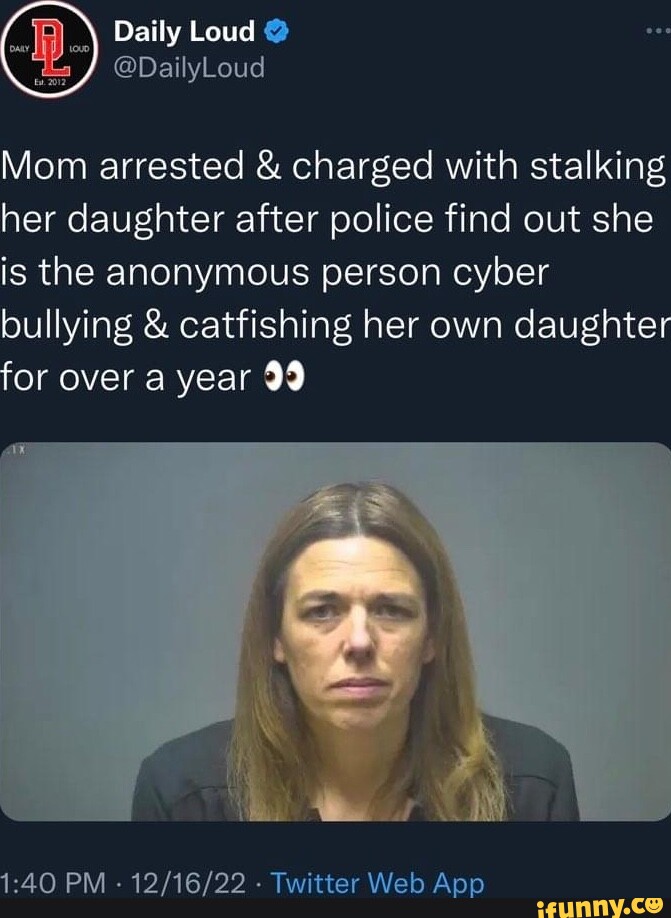Man Arrested and Charged for Stalking Popular Radio Host Clark: A Complex Saga of Obsession, Fear, and the Law
In a shocking turn of events, a man has been arrested and charged with stalking popular radio host Clark, sending shockwaves through the entertainment industry. The case has ignited a complex debate about the boundaries of fan behavior, celebrity rights, and the limits of legal intervention.
The Unraveling of an Obsessive Fan
The accused, identified as John Doe, was a dedicated listener of Clark’s radio show. His admiration gradually turned into an unhealthy obsession, leading him to engage in increasingly inappropriate behavior. Doe began sending numerous emails, harassing phone calls, and unwanted gifts to Clark.
Despite repeated warnings from Clark and station management, Doe’s behavior escalated. He was accused of trespassing on Clark’s property, lurking outside her home, and even making threatening comments.
Clark’s Distress and Legal Recourse
Clark, understandably shaken by Doe’s actions, took legal action to protect herself. She filed a restraining order against him, prohibiting him from contacting her or coming within a certain distance of her. However, Doe continued to violate the order, prompting Clark to seek more severe measures.
In collaboration with law enforcement, Clark obtained an arrest warrant for Doe. He was apprehended and charged with stalking, a felony offense that carries significant penalties. The case has since proceeded through the legal system, with Doe pleading not guilty.
Legal Conundrums: Balancing Protection and Freedom
The arrest and prosecution of Doe have sparked a heated debate about the complex legal issues surrounding stalking. On one hand, celebrities and public figures deserve protection from excessive fan behavior that threatens their safety and well-being.
On the other hand, the First Amendment guarantees individuals the right to free speech and expression. Some legal experts argue that Doe’s behavior, while inappropriate, may not have met the legal definition of stalking and could infringe on his constitutional rights.
Perspectives and Reactions
The case has elicited strong reactions from various stakeholders. Clark’s supporters have expressed outrage and demanded that she be protected from further harassment. They argue that the law must take stalking and its potential consequences seriously.
Sympathizers of Doe, however, contend that his actions were driven by mental health issues or excessive fandom. They argue that criminal charges are an overly harsh response and that alternative measures, such as counseling or treatment, should have been pursued.
Media Scrutiny and Public Outcry
The case has attracted significant media attention, highlighting the increasing prevalence of stalking in the age of social media. The public has engaged in passionate discussions about the limits of fan behavior, the responsibility of law enforcement, and the need for better legal protections for victims of stalking.
The outpouring of support for Clark and the condemnation of Doe’s actions have put pressure on prosecutors and lawmakers to take swift and decisive action against stalking offenses. Several states have enacted stricter anti-stalking laws in recent years, recognizing the serious and potentially life-threatening nature of this crime.
Conclusion
The arrest and prosecution of the man for stalking Clark is a sobering reminder of the complexities surrounding fan behavior, celebrity rights, and legal intervention. While the law must protect individuals from harmful and threatening actions, it must also consider the boundaries of free speech and the need to address the underlying causes of stalking behavior.
The case serves as a catalyst for continued dialogue and debate about the balance between personal safety and individual freedoms. It highlights the importance of raising awareness about stalking, providing support for victims, and developing effective legal frameworks to combat this pervasive crime.

